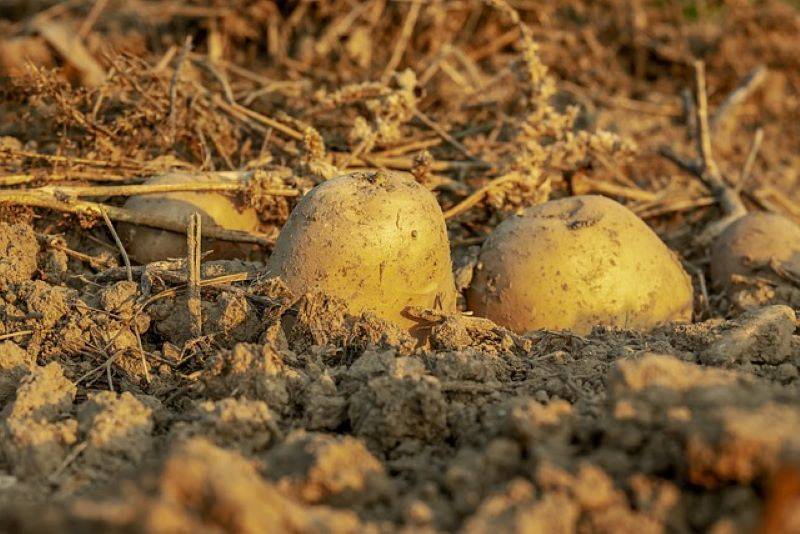
ICAR–Central Tuber Crops Research Institute (CTCRI), in partnership with the Regional Agricultural Research Station (RARS), Pattambi, has initiated a noteworthy campaign in Attapadi, a tribal area in Kerala, to promote the health and well-being of tribals through natural means at an affordable cost.
The campaign, named the 'Rainbow Diet Campaign,' aims to enhance the production and utilization of biofortified tuber crop varieties developed by ICAR–CTCRI. The officials have introduced nutrient-rich tuber crops such as orange- and purple-fleshed sweet potatoes, which are abundant in Vitamin A and anthocyanin, as well as purple-fleshed yams that are rich in anthocyanin, to the tribal regions of Sholayur and Pulimala in Attapadi, Palakkad district.
To address the issue of malnutrition in Attapadi, a rainbow diet comprising a variety of food products derived from biofortified sweet potatoes, cassava, and millets has been introduced. This diet ensures balanced nutrition for the locals and serves as a crucial step towards combating malnutrition.
Rainbow Diet Campaign Branches
The Rainbow Diet Campaign is currently being implemented through three specialized programs—Nutriseed Village, SCHOOL CONNECT program, and Capacity Plus. As part of the Nutriseed Village initiative, 24 tribal farmers from Vayaloor and Chitoor villages are involved in the production of high-quality planting materials of biofortified sweet potato varieties, including Bhu Sona, Bhu Ja, Bhu Kanti (orange flesh), and Bhu Krishna (purple flesh).
The launch of the campaign took place during a stakeholders' meeting held at the Kerala Institute of Local Administration (KILA) campus. Dr. G Byju, Director of ICAR-CTCRI, announced plans to establish a satellite incubation center in RARS, Pattambi, aimed at promoting tribal entrepreneurship. The meeting witnessed the active participation of approximately 170 farmers and other stakeholders.
Addressing the gathering, Dr. P P Musa, Professor at RARS, KAU, Pattambi, highlighted the compatibility of biofortified sweet potatoes with the millet-based consumption systems in Attapadi. He emphasized that these crops would effectively address the malnutrition problem prevailing in the region.
To support the initiative, the farmers were provided with planting materials of biofortified sweet potatoes, enabling them to commence cultivation. In addition to this, a nutrition awareness program was organized at Malleswara Vidhyanikedhan in Nellippathy hamlet, targeting school children. The program aimed to educate and encourage healthy eating habits among students.
During the inauguration of the program, Dr. Byju emphasized the importance of a three-pronged strategy for promoting biofortified crops in schools. The strategy includes raising nutritional awareness through specialized campaigns, providing hands-on learning experiences for children by involving them in the cultivation of biofortified crops in school gardens, and empowering them to act as ambassadors of change by promoting biofortified and nutritious crops in their communities.
















